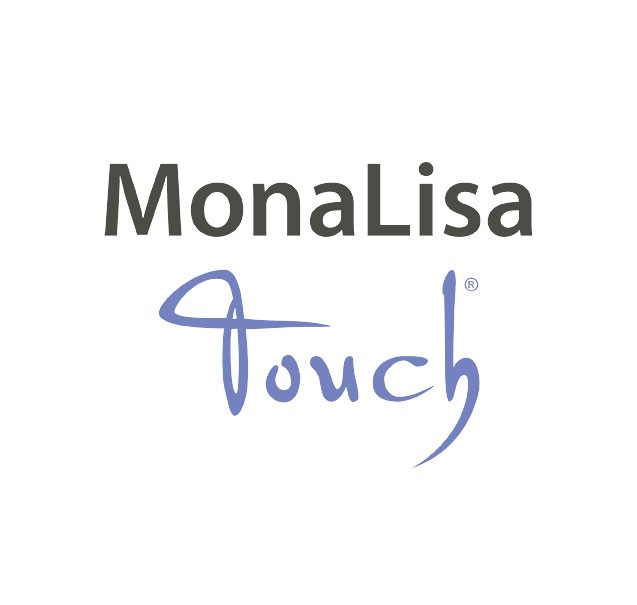Pregnancy is a transformative journey that brings joy, excitement, and new experiences. However, it’s also a time when a woman’s body undergoes significant changes, including those that may lead to unexpected challenges. One such challenge is post-pregnancy urinary incontinence, a common condition that affects many new mothers. In this article, we will delve into the causes of urinary incontinence after pregnancy, explore effective solutions, and highlight the importance of seeking support for this manageable condition.
Understanding Post-Pregnancy Urinary Incontinence
Urinary incontinence, or the unintentional leakage of urine, can occur after childbirth due to the strain placed on the pelvic floor muscles and the surrounding tissues during pregnancy and delivery. This condition can manifest as a variety of symptoms, including:
- Stress Incontinence: Leakage that occurs when pressure is exerted on the bladder, such as during sneezing, laughing, or physical activity.
- Urge Incontinence: A sudden and strong urge to urinate followed by an involuntary leakage.
- Mixed Incontinence: A combination of stress and urge incontinence.
Causes and Risk Factors
Several factors contribute to the development of post-pregnancy urinary incontinence:

- Pregnancy and Delivery: The hormonal changes, increased pressure on the pelvic floor, and potential trauma during childbirth can weaken the muscles responsible for bladder control.
- Hormonal Changes: Hormonal fluctuations, particularly a decrease in estrogen levels after childbirth, can affect the integrity of the pelvic floor muscles.
- Age and Genetics: A family history of urinary incontinence and the natural aging process can also play a role.
Finding Solutions and Relief
The good news is that post-pregnancy urinary incontinence is a treatable and ma

nageable condition. Here are some effective strategies to address and alleviate symptoms:
- Pelvic Floor Exercises: Kegel exercises, which involve contracting and relaxing the pelvic floor muscles, can strengthen these muscles and improve bladder control.
- Physical Therapy: Seeking guidance from a pelvic floor physical therapist canprovide targeted exercises and techniques to strengthen and support the pelvic floor.
- Lifestyle Modifications: Maintaining a healthy weight, avoiding constipation, and managing fluid intake can help reduce the frequency and severity of urinary incontinence.
- Bladder Training: Gradually increasing the time between bathroom visits can help retrain the bladder and improve its capacity.
- Medical Interventions: In more severe cases, healthcare providers may recommend medications, minimally invasive procedures such as MonaLisa Touch or BTL Emsella, or surgical options.

The Importance of Seeking Support
Dealing with post-pregnancy urinary incontinence can be emotionally challenging, but it’s essential to remember that you’re not alone. Seeking support from healthcare professionals, friends, and family members can make a significant difference in your journey toward managing and overcoming this condition. Many women find comfort in joining support groups or online communities where they can share experiences and advice.
Urinary incontinence after pregnancy is a common and treatable condition that affects many new mothers. Understanding its causes, recognizing the risk factors, and exploring effective solutions can empower women to take control of their health and well-being. By implementing lifestyle changes, engaging in pelvic floor exercises, and seeking guidance from healthcare professionals, women can regain confidence and enjoy the transformative journey of motherhood to the fullest.








